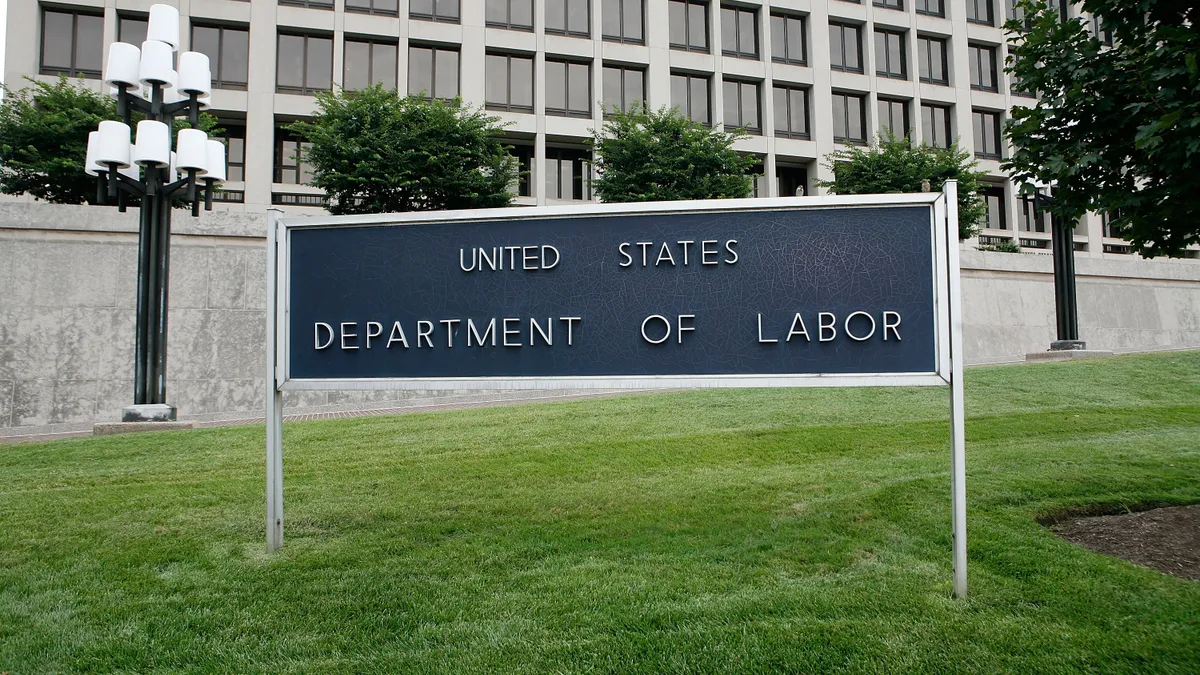The U.S. Department of Labor’s independent contractor final rule went into effect Monday, after businesses scrambled last week to have it enjoined or halted through a preliminary injunction.
DOL announced the final rule in January, more than a year after it proposed changes to its evaluation of workers’ independent contractor status in October 2022.
The new “totality-of-the-circumstances” framework uses six nonexhaustive factors to determine workers’ independent contractor status, including the nature and degree of control over the work, extent to which the work performed is an integral part of the employer’s business and permanence of the arrangement.
Acting Secretary of Labor Julie Su has said the rule will protect full-time workers who are misclassified and who often work alongside properly classified employees.
Several business groups, including the Coalition for Workforce Innovation, Associated Builders and Contractors of Northeast Texas, Associated Builders and Contractors, Inc. and Financial Services Institute, Inc., have been challenging the new standard since the administration began looking for ways to implement it beginning in 2021. Their requests have moved through the courts, but a Texas district court judge did not address the final request for an enjoinment before DOL’s rule took effect March 11.
On Thursday, a group of trucking companies filed an emergency motion in a Louisiana district court for a preliminary injunction, along with an emergency motion for a temporary restraining order, arguing DOL violated the Administrative Procedure Act — the same argument put forth by the other groups.
Acting Assistant Attorney General Brian M. Boynton and Julie Strauss Harris, acting director of the Department of Justice’s Federal Programs Branch, called the action an “ambush” and filed a brief asking the court to deny the trucking companies’ motion.
In a statement released after the rule was announced, the Society for Human Resource Management said the “ongoing shifts in regulatory guidance impose compliance burdens and legal uncertainties” for HR professionals.
More recently, the association went further, announcing its support for a resolution under the Congressional Review Act that would repeal the new independent contractor rule and calling for a return to the 2021 rule.
“We believe that the current rule fosters ambiguity, deterring businesses from extending essential training to independent workers, a detrimental scenario for both parties involved,” Emily M. Dickens, SHRM chief of staff and head of public affairs, said in the statement. “The 2021 rule struck a balanced approach, promoting business flexibility while curbing misclassification risks.”














